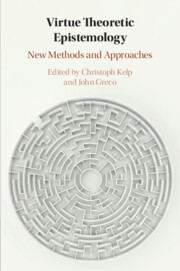Testimony poses a challenge to systematic epistemology. I cite two kinds of testimony situation where the recipient's belief is not safe, yet intuitively counts as knowledge. Can Sosa's more sophisticated virtue reliabilism, which theorises animal knowledge as apt belief, yield the intuitively correct verdict on these cases? Sosa shows that a belief can be apt, though it is not safe, and so it may seem a quick positive answer is forthcoming. However, I explore complications in applying his AAA framework, regarding what we take as the circumstances in which the subject's attempt is made: the AAA framework does not mandate a particular choice, yet this affects whether the attempt (in particular, a believing in the endeavour to attain truth) comes out as apt or not. I conclude that Sosa's theory is subject to a familiar charge: it does not give a reductive account of knowledge, since we must deploy independent intuitions about whether knowledge is gained in a case, in order to apply it.


